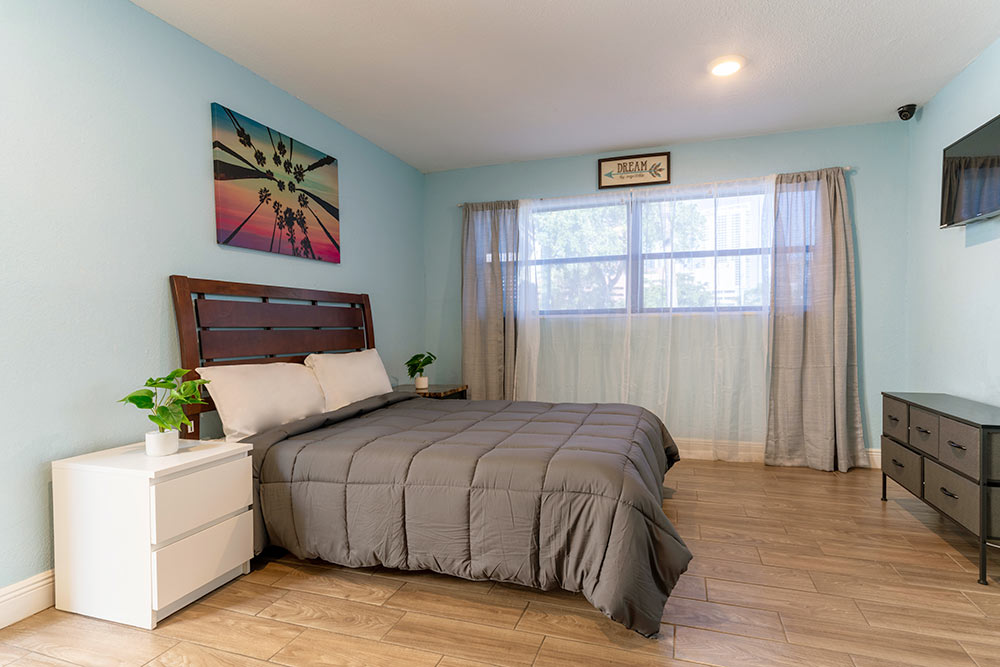GAD is a condition where you have unrealistic worry and tension that lasts for months on end. Even minor issues seem catastrophic.
Physical symptoms like;
- restlessness,
- difficulty concentrating,
- irritability,
- muscle tension and sleep problems are common.




